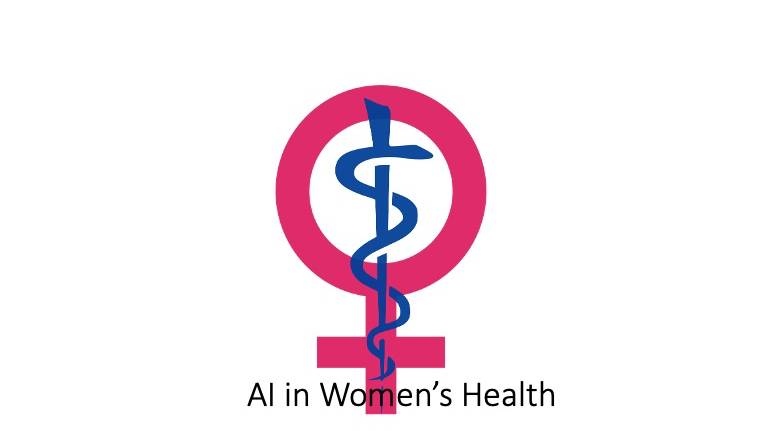AI in Women's Health
AI in Women’s Health
After our recent attendance at the Women’s Health Innovation Summit, Boston, we thought it relevant to give some areas where AI is being used with some examples. The big surprise to me para 4, was that cardiovascular disease is the biggest killer of women.
Transforming Care and Empowerment
Artificial intelligence (AI) is revolutionizing healthcare across the board, but its impact on women's health is especially profound. With advancements in AI-powered tools, diagnostics, and personalized care, women are gaining access to better healthcare services, early detection of diseases, and more personalized treatment options. Here are several ways AI is helping improve women’s health:
1. Early Detection of Breast Cancer
One of the most notable advancements in AI for women’s health is in breast cancer screening and diagnosis. AI algorithms are now being used to analyze mammograms more accurately and quickly than human radiologists in some cases. A study published in Nature found that an AI system developed by Google Health outperformed human radiologists in detecting breast cancer, reducing false positives and negatives. This means earlier intervention and potentially life-saving treatment for women.
Example: In the UK, AI tools are being integrated into routine breast cancer screenings to assist radiologists in interpreting mammograms. This has led to fewer missed diagnoses and faster follow-up appointments, significantly improving outcomes for patients.
2. Fertility and Reproductive Health
AI is also making waves in fertility treatments and reproductive health by providing data-driven insights that can help women better understand their bodies. AI-based applications analyze menstrual cycle patterns, hormone levels, and lifestyle data to predict ovulation with greater accuracy. This has been a game-changer for women facing fertility issues or those seeking to optimize their chances of conception.
Example: Apps like Clue and Ovia use AI to help women track their menstrual cycles, predict fertility windows, and even offer personalized health advice. AI-powered fertility platforms, like Ava, use wearable technology to analyze vital signs and detect subtle shifts in fertility markers, giving women more control over their reproductive health.
3. Personalized Maternal Care
AI has the potential to revolutionize maternal care by providing personalized recommendations and monitoring for pregnant women. AI-powered wearables and apps can track the health of both the mother and the baby in real-time, alerting healthcare providers to potential complications. This is particularly valuable in underserved regions where access to regular maternal care is limited.
Example: The platform Momsense uses AI to track fetal heart rate, movements, and even contractions, providing mothers and healthcare providers with real-time data that can detect early signs of distress. Similarly, AI-driven virtual health assistants offer expecting mothers guidance on prenatal care, nutrition, and mental health, empowering them to make informed decisions throughout their pregnancies.
4. Tackling Cardiovascular Disease in Women
Cardiovascular disease (CVD) is the leading cause of death among women, but symptoms often present differently than in men, leading to delayed diagnoses and treatment. AI is stepping in to help by analyzing patient data and identifying patterns that are specific to women, helping healthcare providers diagnose and treat heart disease earlier.
Example: Research projects like DeepHeart use AI algorithms to monitor heart health through wearable devices, detecting abnormalities that could indicate early signs of CVD. These AI tools analyze heart rate variability and other key metrics to provide personalized risk assessments tailored to women’s unique cardiovascular profiles.
5. Mental Health Support
AI is also making strides in addressing the mental health challenges many women face, particularly related to stress, anxiety, postpartum depression, and hormonal changes. AI-driven mental health platforms can provide personalized cognitive behavioral therapy (CBT), track mood changes, and offer tailored support, bridging gaps in access to traditional therapy.
Example: AI-powered platforms like Woebot and Ginger offer chat-based therapy and mood tracking, helping women manage anxiety or depression. These AI-driven tools provide on-demand mental health support, making therapy more accessible to women who may face barriers to in-person treatment.
Conclusion
AI is playing an increasingly vital role in improving women’s health by offering earlier diagnoses, personalized care, and expanded access to health services. From breast cancer detection to fertility tracking and cardiovascular care, AI is transforming the way women approach their health, empowering them with the tools and knowledge to make informed decisions. As AI technology continues to evolve, it promises to bring even more innovations that will lead to better health outcomes for women worldwide.










